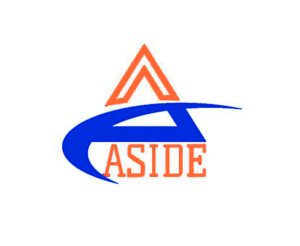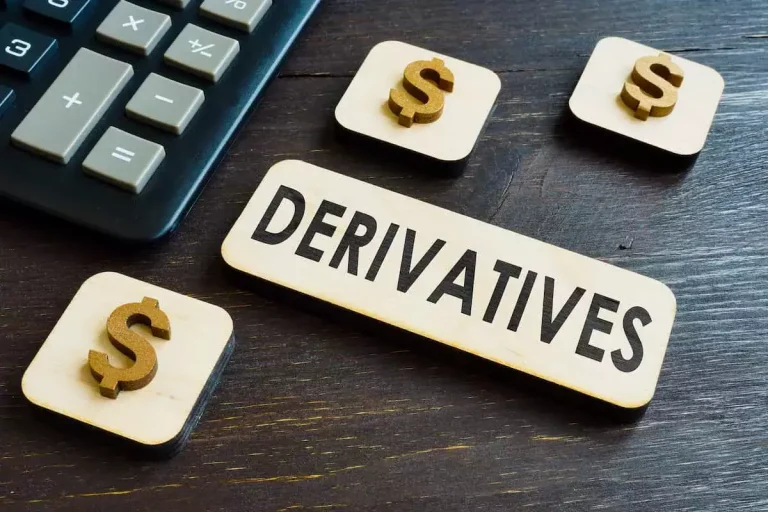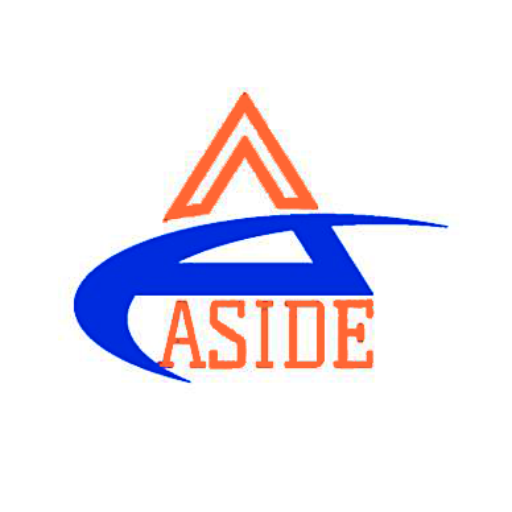
Over-the-Counter OTC Understand How OTC Trading Works
Content
After evaluating the quotes and considering the company’s prospects, MegaFund buys 30,000 shares from OTC Securities Group at $0.85 per share. The trade is executed directly between MegaFund and OTC Securities Group through a private negotiation. No public announcement is made about the transaction, and the price isn’t displayed on any exchange. Major markets are open 24 hours a day, five days a week, and a majority of the trading occurs in financial centers like Frankfurt, Hong what is otc Kong, London, New York, Paris, Sydney, Tokyo, and Zurich. This means the forex market begins in Tokyo and Hong Kong when U.S. trading ends.
What are the hours for OTC trading?
Since it’s not bound by exchange rules, traders can customise contracts, including factors like trade size and terms. However, this also means less transparency, as there’s no central exchange to standardise prices. Investors also face greater counterparty risk—the risk that the other party https://www.xcritical.com/ in a trade may default. Prices can vary, and buyers often face wider bid-ask spreads due to lower liquidity. Such information is time sensitive and subject to change based on market conditions and other factors.

Is short selling applicable for OTC stocks?
FINRA also publishes aggregate information about OTC trading activity for both exchange-listed stocks and OTC equities, both for trades occurring through ATSs and outside of ATSs. Additionally, FINRA publishes a variety of information about OTC equity events, such as corporate actions, trading halts and UPC advisory notifications, among other things. But OTC markets offer the ability for large and small – indeed, tiny – stocks and other securities to be listed with different requirements and, in some cases, no requirements at all. The Decentralized autonomous organization offers that appear on this site are from companies that compensate us.
What Is OTC in the Stock Market?
A press release may have to be issued to notify shareholders of the decision. The fact that a company meets the quantitative initial listing standards does not always mean it will be approved for listing. The NYSE, for example, may deny a listing or apply more stringent criteria. While brokers and dealers operating in the US OTC markets are regulated by the Financial Industry Regulatory Authority (FINRA), exchanges are subject to more stringent regulation than OTC markets.
This freewheeling format provides prospects but also pitfalls compared with exchange-based trading. Apple Inc. (AAPL) and Microsoft Corporation (MSFT) traded OTC, as did many long-forgotten penny stocks. While many companies that trade OTC have share prices under $5 (called penny stocks), that’s not always the case. There are a variety of other reasons the company may not be able to meet the requirements of an exchange.
Shareholders and the markets must be kept informed on a regular basis in a transparent manner about company fundamentals. Keep in mind, other fees such as trading (regulatory/exchange) fees, wire transfer fees, and paper statement fees may apply to your brokerage account. Please see Robinhood Financial’s Fee Schedule to learn more regarding brokerage transactions. Please see Robinhood Derivative’s Fee Schedule to learn more about commissions on futures transactions. 69% of retail investor accounts lose money when trading CFDs with this provider.
Understanding these trends and potential developments within the OTC Markets landscape arms decision-makers and investors with valuable foresight, aligning strategy with market dynamics. These features underscore how OTC Markets play a unique role within economic and financial systems, providing opportunities for growth and diversification not available on formal exchanges. Therefore, no investment is safe from the potential to lose some or all of its value. However, investors are better positioned to understand the risks they take when they have reliable information. With that said, it’s important to keep in mind that all investments involve risk and investors should consider their investments objectives carefully before investing.
You can invest in stocks, exchange-traded funds (ETFs), mutual funds, alternative funds, and more. SoFi doesn’t charge commissions, but other fees apply (full fee disclosure here). OTCQX is the first and highest tier, and is reserved for companies that provide the most detail to OTC Markets Group for listing.
Particular instruments such as bonds do not trade on a formal exchange – these also trade OTC by investment banks. OTC systems are used to trade unlisted stocks, examples of which include the OTCQX, OTCQB, and the OTC Pink marketplaces (previously the OTC Bulletin Board and Pink Sheets) in the US. These provide an electronic service that gives traders the latest quotes, prices and volume information. In the stock market, the OTC meaning refers to trading securities outside of formal exchanges. These are often smaller companies that don’t meet the requirements for major exchanges like the NYSE and are traded via a broker-dealer network. Unlike exchanges, OTC markets have never been a “place.” They are less formal, although often well-organized, networks of trading relationships centered around one or more dealers.

FINRA is a not-for-profit, non-governmental regulatory body that was authorized by the legislation that created the Securities and Exchange Commission (SEC). The OTCBB is a place for broker-dealers to make offers to buy and sell equity of companies that report to the SEC, but are not listed on the stock exchange. Stocks traded over the counter may be very similar to those traded on the exchanges.

Rules and requirements are the same – the two parties buy/sell assets without the interconnection with intermediaries. OTC trading is the process of buying and selling diverse financial instruments outside the official exchange platforms. Two parties interact directly with each other, without the influence of intermediaries. Suppose you’re an investor seeking high returns on your investments, so you’re willing to dip into the OTC markets if you can find the right stock. You look to be in early on what promises like a big deal, just like other storied early investors. In addition, companies traded OTC have fewer regulatory and reporting requirements, which can make it easier and less expensive when raising capital.
However dealers resist participation of nondealers and accuse them of taking liquidity without exposing themselves to the risks of providing it. Others criticize dealers for trying to prevent competition that would compress bid-ask spreads in the market. Unlike an exchange, in which every participant has access, these electronic arrangements can treat participants differently based on, say, their size or credit rating. Moreover clearing and settlements are still left to the buyer and seller, unlike in exchange transactions, where trades are matched up and guaranteed by the exchange. Over-the-counter, or OTC, markets are decentralized financial markets where two parties trade financial instruments using a broker-dealer.
- Over-the-counter, or OTC, markets are decentralized financial markets where two parties trade financial instruments using a broker-dealer.
- The SEC sets the overarching regulatory framework, while FINRA oversees the day-to-day operations and compliance of broker-dealers participating in the OTC markets.
- These articles have been prepared by 5paisa and is not for any type of circulation.
- These factors underline the key role of OTC Markets in shaping economic landscapes.
- Unlike the exchanges, OTC Markets Group is not an “SRO” or Self- Regulatory Organization.
- You should consider whether you understand how CFDs work and whether you can afford to take the high risk of losing your money.
That is why companies listed on an exchange are required to provide a lot of details about their finances, activities, and management. This information must be audited and accurate, or else they can face criminal charges. OTCs cannot be purchased directly from the Over-the-Counter Bulletin Board (OTCBB) or the OTC Markets Group. All transactions happen through market makers rather than individual investors. The market for over-the-counter (OTC) securities is much like any other product.
Our tiered markets, OTCQX, OTCQB and Pink, continue to evolve to support the needs of public companies. Advancements in technology allow markets to become more diverse and trading to become more decentralized. Access to digital information makes markets efficient and connects all participants equitably. We recognize a variety of disclosure standards which allow companies to provide the best disclosure in the most effective manner possible.


